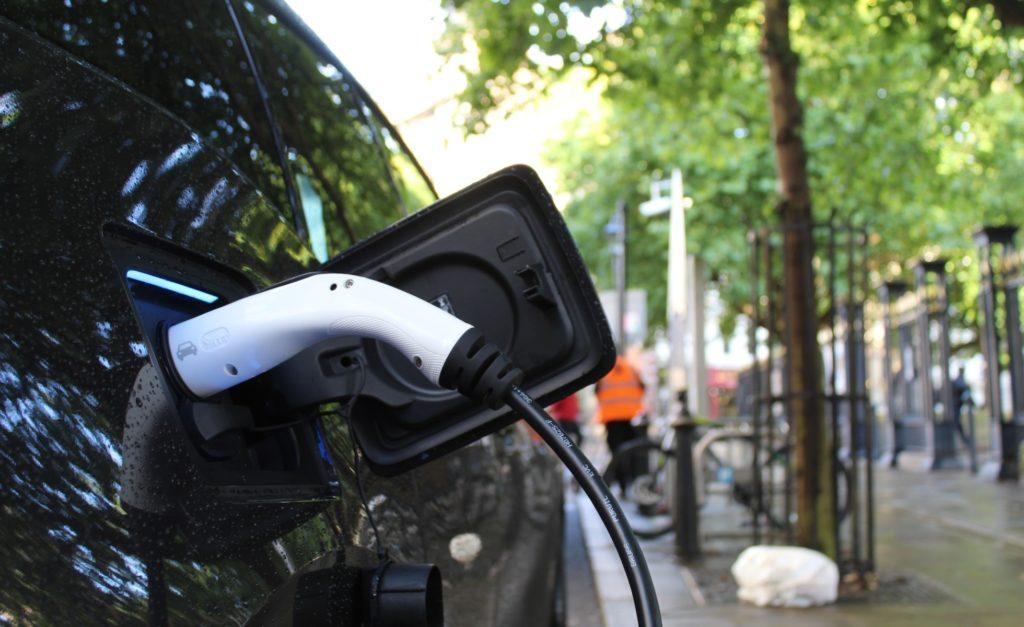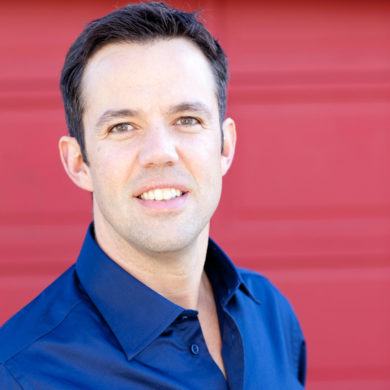
COP25 will provide the next major opportunity to take the topic of sustainable transport forward at a crucial time. (Photo: Andrew Roberts via Unsplash)
The critical role of the transport sector in achieving the goal of the Paris Climate Change Agreement to keep global temperature rise to well below 2 degrees Celsius above pre-industrial levels was the theme of a high-level Global e-Mobility Forum held in Warsaw, Poland, from 20 to 21 November.
Participants at the forum representing governments, regions and cities, international organizations and business, examined ways to transform the transport sector – which accounts for approximately 23% of energy-related CO2 emissions – into one which is climate-friendly.
In an address to the meeting, the Deputy Executive Secretary of UN Climate Change, Ovais Sarmad, said: “We urgently need sustainable and clean transport systems. The good news is that the prospect for this is promising as innovation and technological progress in recent decades have led to significant advances in e-mobility.”
Over 1 billion passenger cars travel the streets and roads of the world today, and by 2040, that number is set to double to 2 billion at least. The UN Intergovernmental Panel on Climate Change has stressed that without aggressive and sustained emission reduction policies being implemented, transport emissions could increase at a faster rate than emissions from other sectors.
The Forum addressed the social, environmental and economic challenges related to the global development of zero emissions transport. This includes effective strategies for developing sustainable transport that is affordable for everyone, as well as adopting new business models, with new forms of partnerships and ownership, and access to capital.
Katowice Partnership for E-Mobility
The Forum reflects the wide recognition that international collaboration is critical in driving forward the transformation of the transport sector. This was given a boost at last year’s UN Climate Change Conference COP24 in Katowice, Poland, where the Governments of Poland and the United Kingdom launched the ‘Driving Change Together Partnership’ as a platform to “promote and recognize e-mobility as an essential part of the solution to climate change.” The voluntary declaration was joined by the vast part of the global community.
This initiative is being carried forward, including through the Warsaw Forum, ensuring continuity from the COP24 E-mobility Declaration to the upcoming United Nations Climate Change Conference COP25 in Madrid and beyond. “Now that the global discourse is in our favour, we must translate the declaration into concrete action,” said Mr. Samad.
COP25 will provide the next major opportunity to take the topic of sustainable transport forward at a crucial time when the need for ever-increasing climate action in all sectors, and by all stakeholders, has never been greater if we are to achieve the goals of the Paris Agreement.
Our Work
Always grounded in sound evidence, the David Suzuki Foundation empowers people to take action in their communities on the environmental challenges we collectively face.



